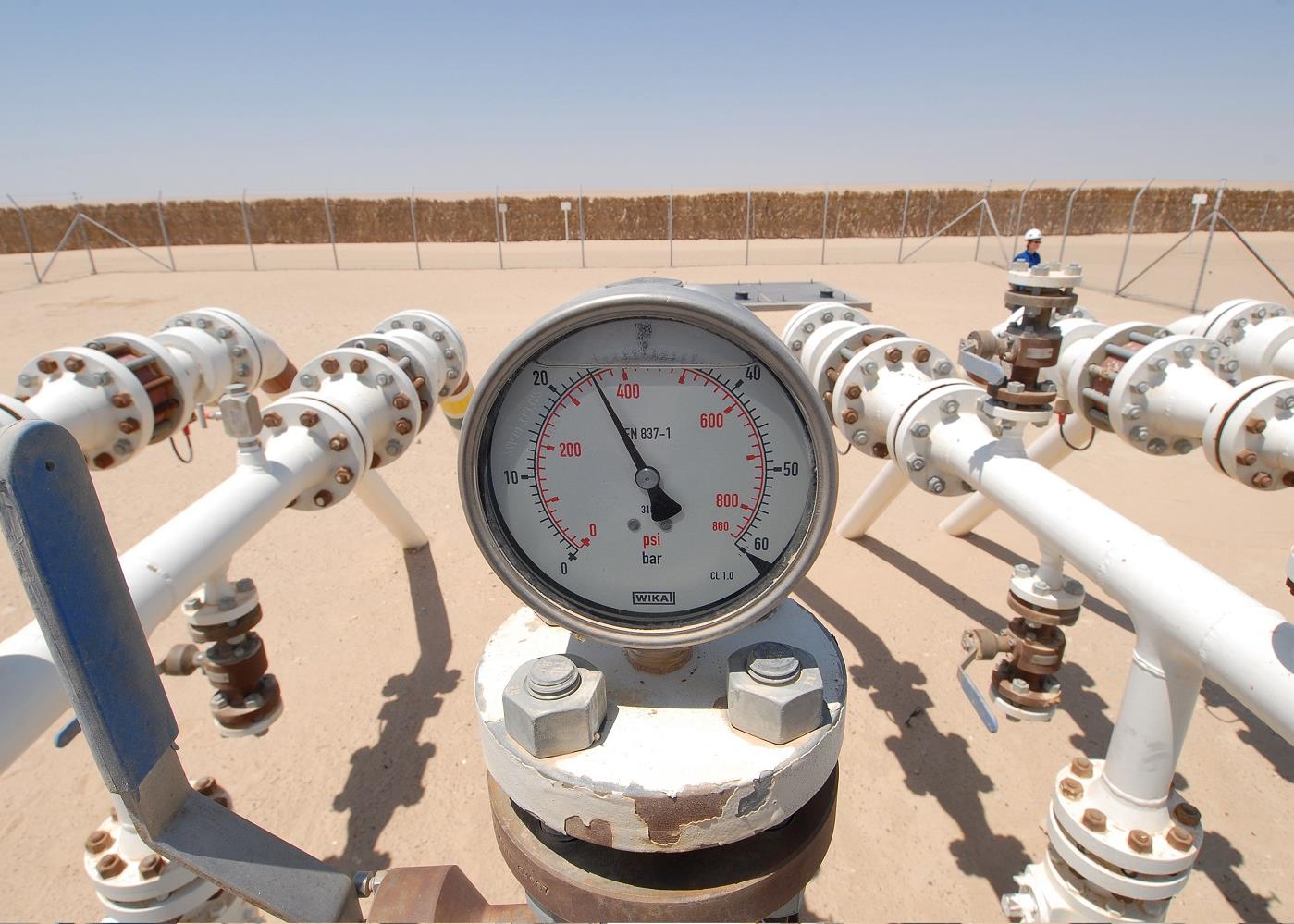

The first issue of Middle East Economic Digest (MEED) was published on International Women’s Day on 8 March 1957. And this was no coincidence. MEED’s founder and driving force for the next two decades was Elizabeth Collard, a feisty champion of Arab causes and a feminist, although she hated the term.
Collard was born in Calcutta, India, of modest parentage. Educated in England, she became the family’s breadwinner when her father died in 1934. By then, she was working to put herself through the London School of Economics, where she obtained a first-class degree.
Socialist determinism
Strong-willed, determined and iconoclastic, Collard’s upbringing in India had generated in her a loathing of imperialism – in all its manifestations. The 1930s added a powerful streak of socialist determinism.
She worked closely with Krishna Menon and Indira Gandhi (an enduring friend) to achieve independence for India. When this was achieved in 1947, Collard was a champion without a cause. Then came the partition of Palestine. Her outrage at the plight of the dispossessed Palestinians led her to a lifelong relationship with the Arab world.
By the late 1960s, Collard had become a leading figure within the Arab community and the Labour Party, and was brought in to advise Prime Minister Harold Wilson on Middle East affairs.
By then she counted many of the Middle East’s leaders and leading thinkers – including Gamal Abdel Nasser of Egypt and King Hussein of Jordan – among her friends in the region. She also helped to establish the Council for the Advancement of Arab British Understanding (CAABU).
But all this was ahead of her when MEED was launched from a one-roomed office in the then-unfashionable Covent Garden area of London. Collard had become a noted economic analyst on the developing world and, in the wake of the Suez debacle, was one of the few to realise the potential the Middle East offered to Western business.
MEED was produced on a hand-cranked Ronco printing machine
With two part-time secretarial assistants, MEED was produced on a hand-cranked Ronco printing machine. Every Friday evening, friends and relatives would help staple and stuff envelopes with the 12-page newsletter, including Essa Saleh al-Gurg, later to become the UAE’s ambassador to the UK, who was then training as a banker in London.
 Lacking any editorial resources, the Middle East Economic Digest was exactly what it said it was: a compilation from newspapers and other reports. Newspapers were flown in weekly from Cairo and Beirut, then translated and condensed. By June 1965, there were still only three staff members. MEED had a circulation of fewer than 3,000 copies and an annual turnover of less than £8,000 [$9,738 today].
Lacking any editorial resources, the Middle East Economic Digest was exactly what it said it was: a compilation from newspapers and other reports. Newspapers were flown in weekly from Cairo and Beirut, then translated and condensed. By June 1965, there were still only three staff members. MEED had a circulation of fewer than 3,000 copies and an annual turnover of less than £8,000 [$9,738 today].
But Collard’s foresight and iron will to keep MEED going through hard financial times was soon to pay off. The next two decades saw MEED become what it is today: the leading business magazine on the Middle East and the standard of excellence for any and all business reporting on emerging markets.
By mid-1986, when it was acquired by Emap, MEED had far outgrown its early role of monitoring published news reports. It had a staff of 20 full-time journalists and 12 researchers and newsroom assistants. With more than 30 correspondents overseas (mostly in the Middle East itself), MEED had editorial bureaux in Washington, Dubai and Paris. The business continues to grow today, with more than 60 members of staff in its Dubai office alone.
This, then, was the publishing legacy of Elizabeth Collard. For most of her life she worked tirelessly to improve understanding between Britain and the Middle East. She believed this could be assisted by making it a must-read magazine for the business community, into which she could inject instructive insights into the real issues that so often plagued the region.
When she died, UK Prime Minister James Callaghan wrote: “Her work, both for the party and on the Middle East scene, was very widely appreciated and we shall miss her greatly.”
She died bravely and uncomplainingly of cancer and her family had time for many discussions, including what to put on her gravestone. The words she finally chose were: “Journalist, anti-imperialist and much-loved mother of four”.
Originally published on 30 June 2007 by Abdullah Jonathan Wallace, a former editor and chairman of MEED (1978-1986) and son of Elizabeth Collard.
MEED is now owned by GlobalData, a data analytics and consulting company, headquartered in London, UK, that acquired MEED Media from Ascential PLC for a cash consideration of $17.5m in December 2017.

From Middle East Economic Digest to MEED to MEED Business Review, Elizabeth Collard has left behind an exceptional publishing legacy
You might also like...

Oman receives Madha industrial city tender prices
19 April 2024

Neom seeks to raise funds in $1.3bn sukuk sale
19 April 2024

Saudi firm advances Neutral Zone real estate plans
19 April 2024

Algeria signs oil deal with Swedish company
19 April 2024
A MEED Subscription...
Subscribe or upgrade your current MEED.com package to support your strategic planning with the MENA region’s best source of business information. Proceed to our online shop below to find out more about the features in each package.






